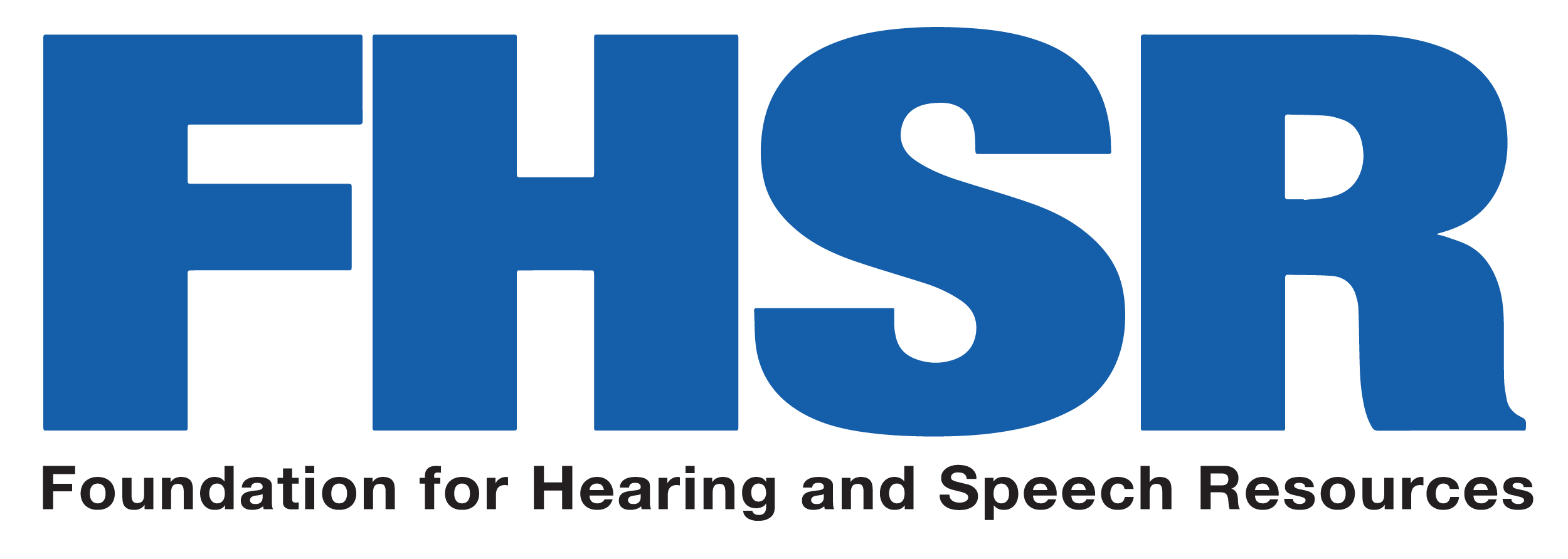FHSR is proud to welcome legendary musician Richard Reed on Friday, November 2nd for An Evening of Merit and Music featuring the Merit School of Music students from the Alice S. Pfaelzer Tuition-Free Conservatory for a night of music and storytelling.
Before losing his hearing due to ototoxic antibiotics, renowned musician Richard Reed played piano and Hammond organ with Junior Walker & the All Stars, Otis Rush, Hubert Sumlin, Roomful of Blues, Ronnie Earl, Mark Cutler, and many other R&B, Blues and Rock & Roll bands.
Richard’s hearing degenerated to profound levels of hearing loss due to the ototoxic medications. For ten years, he struggled with everyday communications and was unable to appreciate and play music. Then in 2002, he made a bold move to receive a cochlear implant.
A cochlear implant is a surgically implanted neuroprosthetic device that provides a sense of sound to a person with severe to profound sensorineural hearing loss. Cochlear implants bypass the normal acoustic hearing process; instead they replace this process with electric hearing. Learning to hear with cochlear implants requires recipients to re-train their brains to identify sounds as hearing, most often via speech and auditory-verbal therapy.
Richard now tries to demonstrate what this re-training process sounds like to audiences in presentations and lectures. He uses a digital keyboard to illustrate how things sounded on the day his cochlear implant was activated. He then explores how those strange first auditory sensations changed over time – through trial and error, device upgrades, and new mapping strategies. During Richard’s presentation, notes and scales evolve into simple melodies, then into harder-to-discern harmonies, and finally emerge as whole songs. He intersperses these musical interludes with light-hearted and informative takes on the frustrating challenges and rich rewards of “CI music.”
We sat down with Richard to ask about his experience with his cochlear implant. Richard stated that there were many moments that should have moved him forward more quickly towards the implant, but one in particular stood out. Dr. Don Eddington from MIT replied to one of Richard’s many inquiries about music and cochlear implants: “Music will never sound like it did before you went deaf, but how does it sound now? They’ve got this [cochlear implant] surgery down. Your social life is a mess. You need to get a CI!”. So, as Richard told us, it wasn’t so much about the music as much as it was all his lost connections with people.
We asked Richard how long it took him to truly feel like he was playing music at or close to the level he did before going deaf. Richard said that playing with bands again only two years after activation felt miraculous. He then added that it probably took five years to regain his onstage confidence and to not overthink every musical choice. Most of these struggles had to do with overcoming the residual insecurity caused by hearing loss.
Finally, we were curious to hear Richard’s thoughts on the concept that some CI people might never fully appreciate music or play an instrument because the sound may be different. Richard thought there might be a few reasons why he did well adapting to CI music: maybe his surgeon got the electrode insertion exactly right, or maybe it was because his music muscle memory was already so strong. He made a few excellent points regarding an acquisition of music appreciation in CI recipients: (1) it is important to start with simple forms of music; (2) don’t start too loud with the music; and (3) most importantly, make music a part of the everyday routine!
Join FHSR along with the Merit School of Music on Friday, November 2nd for an amazing evening celebrating the power of hearing and the joy of music. An Evening of Merit and Music has been generously underwritten by the John H. Hart Foundation. 100% of the proceeds will go towards supporting the Music To My Ears Scholarship Fund.
The Music To My Ears Scholarship Fund
The Scholarship will provide one year of tuition-free early childhood music classes to children (up to 4 years of age) who are deaf and hard of hearing, and living in Chicago and the surrounding suburbs. Research has demonstrated many benefits of early music exposure for children with hearing loss. Exposure to music helps develop many language skills, including language acquisition, structuring sentences, and improving inflection and tone variation. The FHSR is proud to foster a love of music among deaf and hard of hearing children.
Donations will sponsor a year of classes for deaf and hard of hearing children. This will allow children who might not otherwise be able to afford music enrichment classes to attend weekly music classes and experience the joy of music.
For additional information regarding this event, FHSR, the Scholarship Fund and to make a donation please visit: FHSR.org



